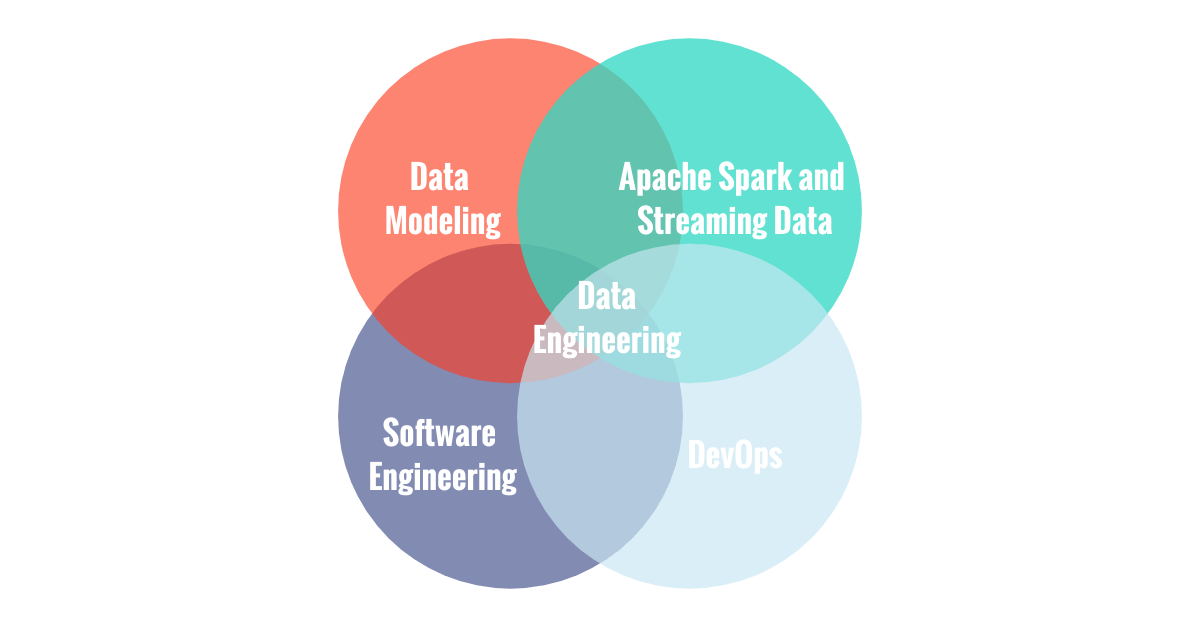The data science project is on everyone’s lips these days. For organizations worldwide, it is essential to draw conclusions and make wise decisions based on large amounts of data. However, for this to be possible and to collect information to generate real added value, it is necessary to process it skillfully, which is what data engineering deals with. What does this science actually do in practice? What is the role of a data engineer, and can his activities be automated? We will look at these types of issues in this article.
Data is the fuel a company needs to drive and run its business processes. The data engineer is a mechatronics technician who ensures that all gears are adequately meshed and correctly oiled. This is the only way to ensure, figuratively speaking, that the fuel passes through the hoses without loss. In practice, this means that accurate data, thanks to high-quality data engineering, goes to the right places, where they are then used to make strategic decisions. But let’s end the generalizations and take a look at what exactly data engineering is doing today.
Table of Contents
The role of modern data engineering
Data engineering is the field of computer science and artificial intelligence. The IT systems around us are becoming more complicated and creating enormous volumes of multiple data to understand. Data engineers are specialists in capturing, storing, visualizing, and analyzing this large amount of information. They can implement appropriate strategies to take advantage of the deluge of data. They know how to configure analytical or predictive applications by applying their knowledge and know-how to a wide range of data types to interact with different actors and professions.
Data engineers should be able to work with large amounts of unstructured, raw data from various sources. They should know the techniques of data mining to extract valuable knowledge. They should also be familiar with machine learning. Moreover, data engineers need to have semantic analysis and natural language processing skills. However, a data professional does not only collect and report data – they must be able to look at it from different angles, determine what it means, and then recommend decisions related to that data. In other words, an engineer should have skills in three areas:
- Data mining techniques
- Computer technologies and database tools (to provide appropriate data storage solutions)
- Business know-how in using the analyzed data (to transform data and prepare it so that it will be helpful from a business point of view)
Versatility–a hallmark of data engineering
We define data engineering less and less only as the possibility of preparing data for use by data analysts and data analysts. Today, this field of knowledge is considered the most comprehensive and is not limited in any way. A characteristic feature of data engineering is that it evolves with business development; it can change and adapt to the current needs of enterprises.
For this reason, data engineers are increasingly in demand in business. Companies have started to see that simply making data available to a data analyst for analysis does not fully exploit their potential. It is essential to involve a data engineer who prepares them adequately. According to Gartner, over 80% of big data projects fail. There is a reason why data is high-quality, secure, and accessible so that data scientists can do their job well. This is the essential business of data engineering and specialists in this field of expertise.
Is Data Engineering the right career direction?
Without a second thought, you can say yes. Data engineering is an exciting and still desired area of knowledge by employers. According to the Dice 2020 Tech Job Report: The Fastest Growing Hubs, Role, and Skills, published in early 2019, the data engineer was one of the fastest-growing professions in the technology industry 2019. Moreover, in the same report, we can find information that in the next 10 years, the demand for positions related to data science (including data engineering) will increase by 38%. Therefore, it can be seen that in the coming years, there will be more and more people with knowledge and experience in data engineering. At this point, however, another important question arises. Will the progressive automation of all business processes, including those related to data, means that the demand for data engineers will decrease? Let’s take a look at this issue and dispel these doubts.
Data engineering automation
Robots can be used to increase efficiency and remove some administrative tasks that can slow down an engineer. Further, automation can be used to reduce any tedious activities. For example, if your process is highly repetitive and rule-based, and only the data used changes, you can automate specific activities and operations. This speeds up the work of a data engineer and reduces the risk of human error that can lead to delays.
Therefore, there is no doubt that, to some extent, the work of a data engineer can be automated. However, this does not mean that this profession will be dominated by advanced robots shortly, and thus that specialists – people – will become unnecessary. Such a vision will certainly not come true. Why?
Introducing automation into the day-to-day operations of a data engineer is not intended to replace it. On the contrary, automation aims to relieve the engineer of the need to carry out tedious and repetitive processes and provide them with the most advanced tools. As a result, they will be able to achieve more in a shorter time and focus only on the most critical tasks. Intelligent data tools will make everything repeatable and straightforward.
What will the future of data engineering look like?
Harnessing the mix of human and digital talent is a business priority for the rest of this decade. There is no doubt that process automation will also develop in the field of data engineering. The potential for effective automation to increase people’s productivity is just too attractive. Data engineering is a promising field of knowledge that is sure to grow in the years to come. However, we have to remember that the work of a data engineer can only be partially automated.
For more information visit also: https://addepto.com/data-engineering-services/











